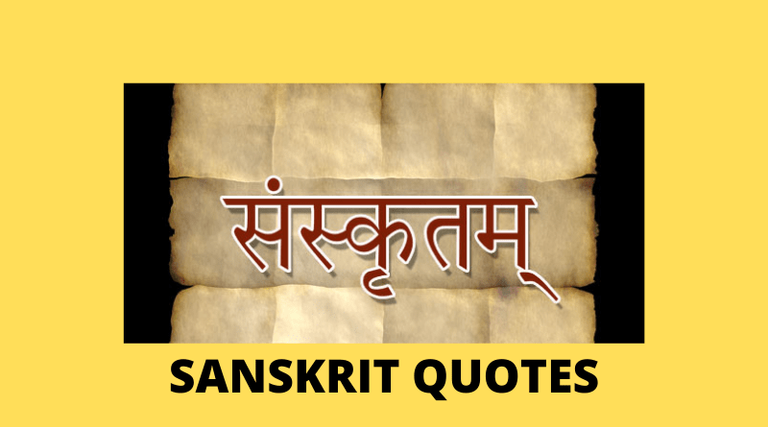Contentment is a great way to brings happiness by allowing us to appreciate what we have in the present moment, rather than constantly seeking more or dwelling on what we lack. Such logic of being content fosters a sense of peace and satisfaction that is a key foundation for genuine happiness. Being content with our life reduces stress and allow us to focus on the positive aspects, leading to a more joyful state of being self.
The theory of contentment were beautifully explained in following Sanskrit lines ;
सर्वाः संपत्तयस्तस्य संतुष्टं यस्य मानसम्|
उपानद्गूढपादस्य ननु चर्माSSवृतेव भूः||

Sarvaah sampattayastasya santushtm yasya maanasam.
Upaanadgoodhapadasya nanu charmaavruteva bhooh.
Sarvaah = every.
Sampattayastasya = sampattayah + tasya.
Sampattayah = wealth, properties. Tasya = his.
Santuhtam = contented.
Yasya = whose.
Maanasam = mind. Upaanadgoodhapaadasya = upaant + goodha + paadasya.
Upaanat = shoe.
Goodha = concealed, covered.
Padsyas = of the feet.
Nanu = nodoubt, indeed, never, Charmaavruteva = charma + aavruta + iva
Charma = leather.
Avruta = covered.
Iva = like.
Bhooh = the earth.
If a person always feels contented by what he has got then he is like a person having all types of wealth. Can a person who has shoes on his feet would instead like the entire Earth to be covered with leather just to protect his feet?
These lines has eulogised the virtue of contentment through a simile of wearing shoes rather than covering the earth with leather. The lines laid emphasis that "One who controls his desires and is content with his lot is a real wealthy person". Contentment involves accepting our circumstances and letting go of desires for things we cannot control, which is a key component to finding happiness in the present.
When we are content, we experience less stress from constantly wanting more, allowing for a more relaxed and joyful state.
 Follow
Follow 
